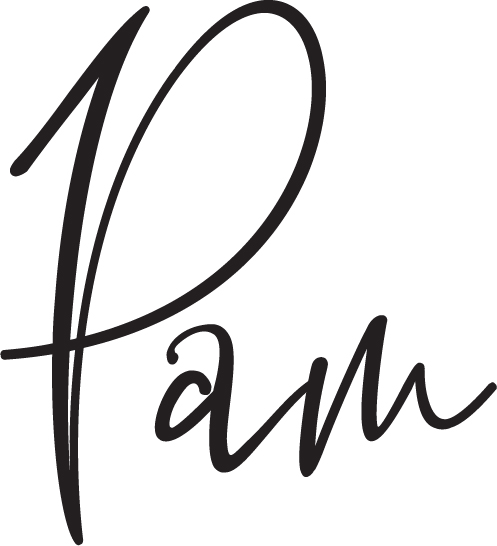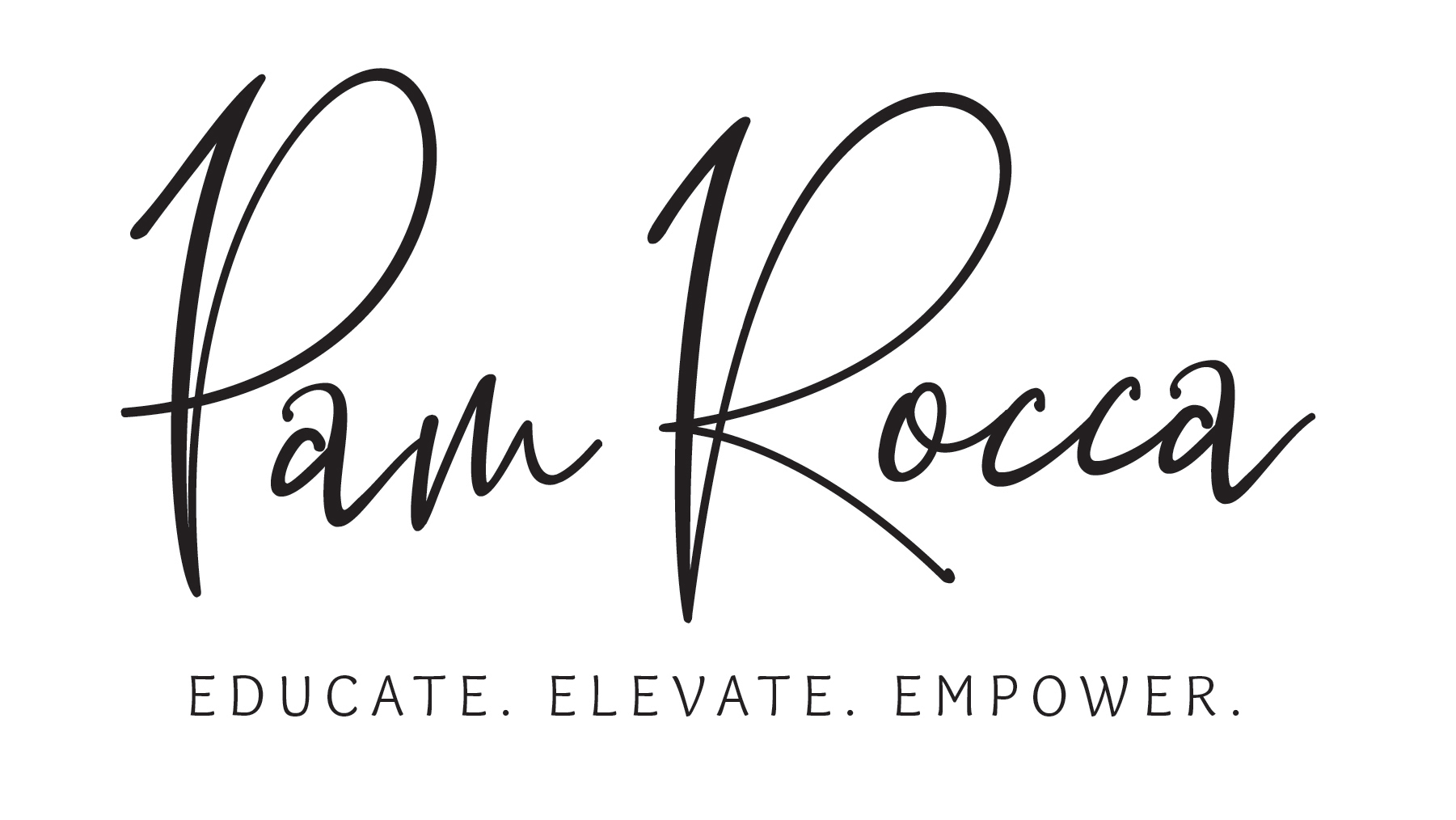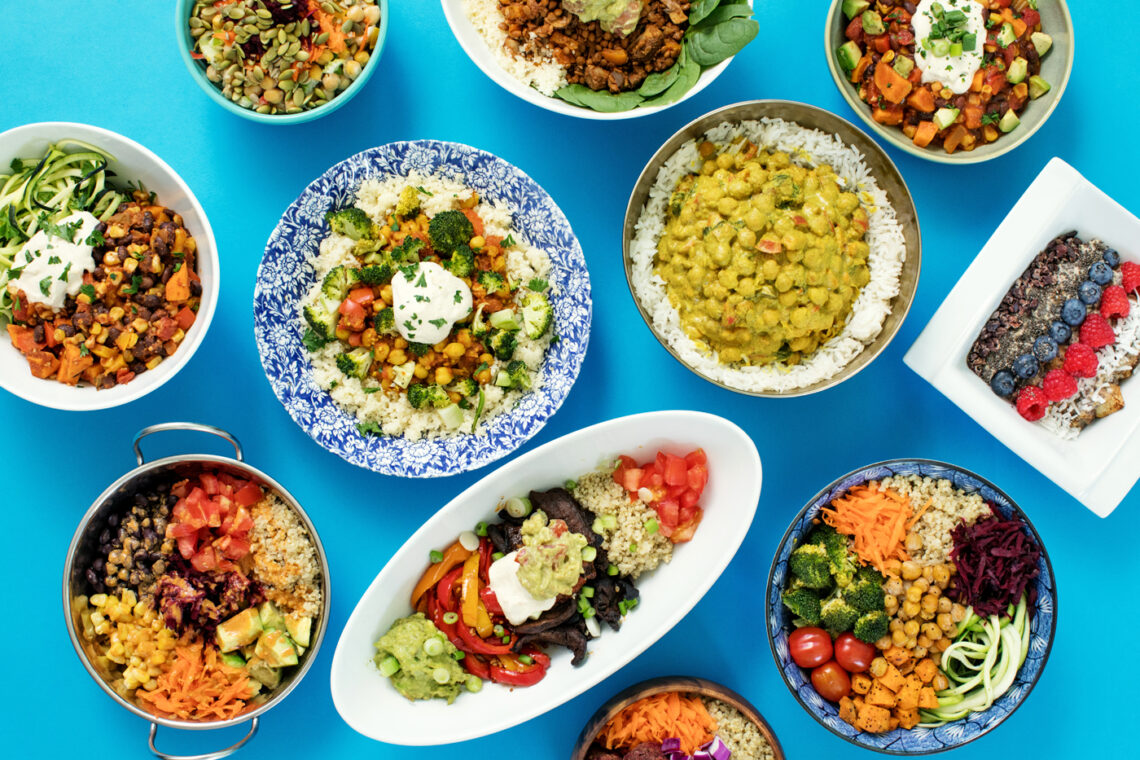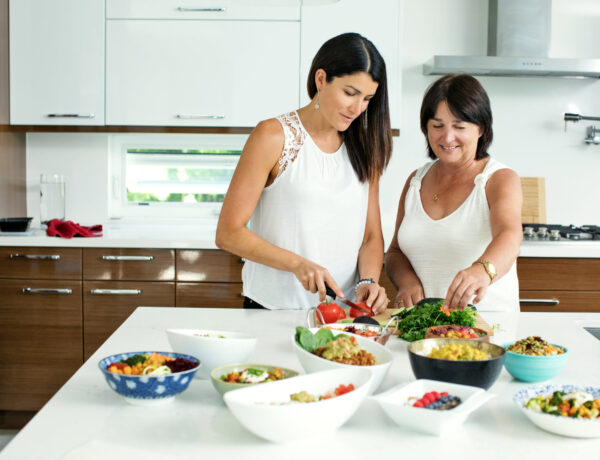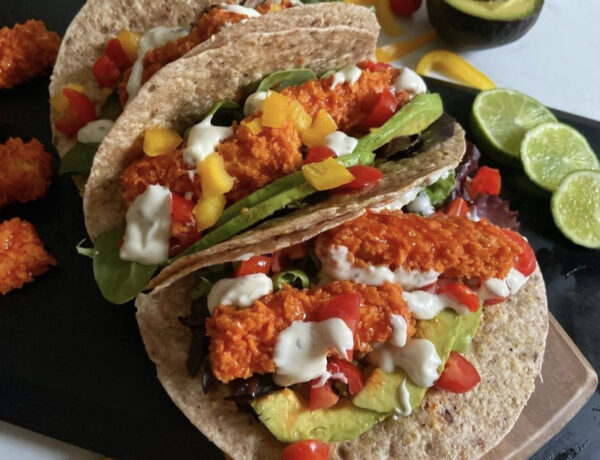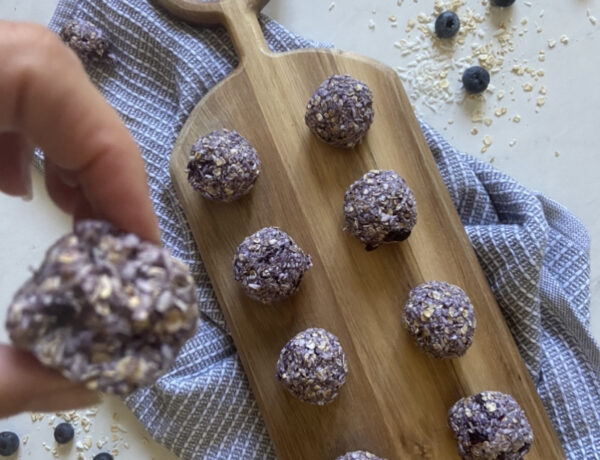The reason I love the term plant-based is that the focus is on healthy eating not just avoiding eating meat. I have seen so many vegetarians that just eat cheesy pasta or french fries…..ummm I am not judging but your body needs nutrients.
When our family started to follow a plant-based diet I did a lot of research to ensure we were going to be healthy eating this way. I wanted to ensure we were getting enough protein and complete proteins sources (more on that in a bit). I know a lot of people are now following plant-based diets so I wanted to share what I have learned along the way to inspire others to eat a healthy balanced lifestyle that works for YOU!
What is Protein? Why do we need it?
A little background on protein before we begin. Protein is a macronutrient that the body needs to thrive. Protein is comprised of amino acids and are responsible for everything from our structure (think bones, muscles, cartilage, skin and blood), building and repairing tissues, to our hormones, to our enzymes, immune system, hair and nails and other body chemicals. Protein can even help with weight loss because it keeps you fuller longer, and can help reduce blood sugar swings. That’s a lot of stuff, I am sure you can see now why it’s so important to ensure we are consuming enough each day.
Amino acids are the building blocks for protein. There are 20 amino acids, out of the 20 amino acids, 11 are not essential (meaning the body can create them or make them somehow) and 9 are essential meaning we need to consume through food because our body can’t make them. When you eat animal based protein sources you get all 9 essential amino acids that is what is typically referred to as “a complete protein”. Often times plant-based protein sources are “incomplete proteins” because they are missing a few essential amino acids. Do not stress, by combining foods you can create a complete protein source. If you mix legumes (think peas, peanuts, soy beans, other beans etc.) with a grain (wheat, rice, oat, millet, barley, bulger, corn etc.) or tree nuts and seeds (cashews, pistachios, walnuts, pine nuts, almonds, sesame seeds, sunflower seeds, pumpkin seeds) then you get a complete protein source.
Basically when you are menu planning, combine a variety of legumes, tree nuts and grains with your veggies. This will ensure you are preparing dishes that provide adequate mixtures of essential amino acids.
Oh, I should mention…quinoa is a super food because it is a plant-based protein source that is a complete protein. I love to make a large batch and throw a little into everything…think burgers, on salad, in oats, soups, tacos, etc.
How Much Protein Do We Need?
The recommended daily amount for sedentary people is 0.8 grams per kilogram body mass. If you only know your weight in pounds take your weight and divide by 2.2 to get it in kg’s. Ok, hopefully all of you are not sedentary because that’s just not good for your health so the recommendation for healthy active people is 1.0-2.0grams per kilogram body weight depending on your activity type and level.
Example: If we took a fairly active female that is not a power lifter it would be appropriate to aim for 1.0-1.5 grams. If she was 140 lbs, divide by 2.2 = 63.6 kilogram which translates to 63 grams- 95 grams of protein per day.
Check out the top 20 Protein Sources below. If you are looking for easy delicious plant-based recipes check out my cookbook below as well.
The Recipe
PrintTop 20 Plant-Based Protein Sources
Beans
1. Lentils – 1 cup = 18 grams of protein
2. Chickpeas – 1 cup = 11 grams of protein
3. Black beans – 1 cup = 12 grams of protein
4. Kidney Bean (white or red) – 1 cup = 14 grams of protein
5. Mung Beans – 1/2 cup = 24 grams of protein
Nuts and Seeds
6. Almonds – 24 raw = 6 grams of protein
7. Walnuts – 1/4 cup = 5 grams of protein
8. Pumpkin seeds – 1 tablespoon = 3 grams of protein
9. Sunflower seeds – 1/3 cup = 10 grams of protein
10. Hemp Hearts – 3 tablespoons = 11 grams
11. Chia seeds – 2 tablespoons = 3 grams of protein
Grains
12. Quinoa – 1/2 cup uncooked = 12 grams of protein
13. Barley – 1/2 cup = 12 grams of protein
14. Kamut – 1/2 cup = 14 grams of protein
15. Amaranth – 1/2 cup = 14 grams of protein
Other Sources
16. Tofu (if you do soy) – 1/2 cup = 10 grams of protein
17. Edamame (soy) – 1/2 cup = 8.5 grams of protein
18. Spirulina – 2 tablespoons = 8 grams
19. Chlorella Powder – 2 teaspoons = 3 grams
20. Mushrooms – varies depending on the type of mushroom but 5 cremini mushrooms = 3 grams
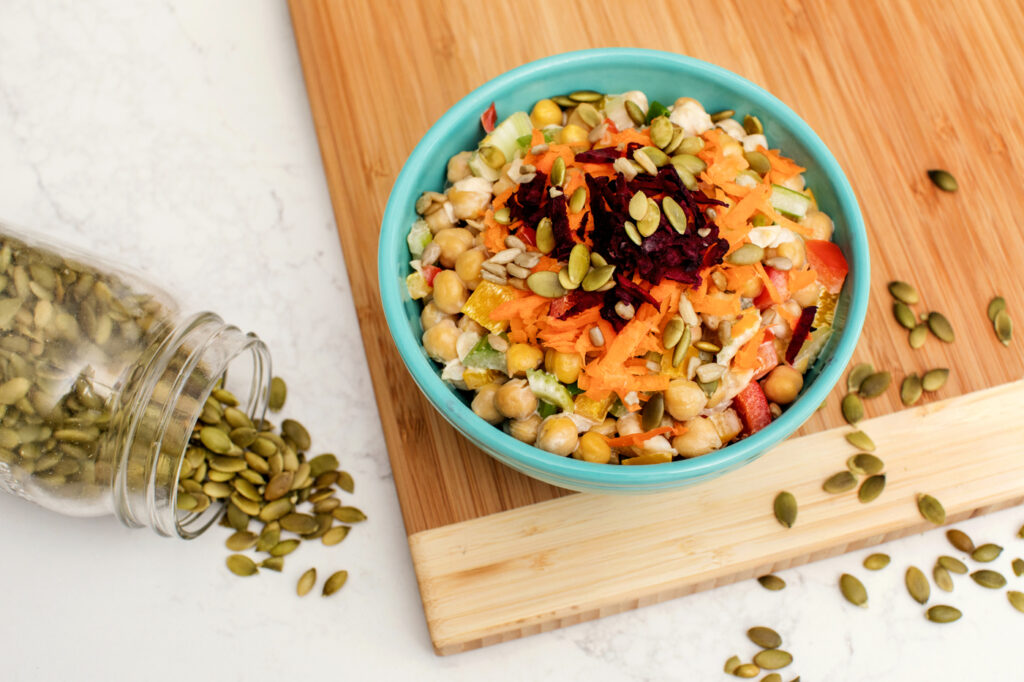
If you found this information helpful I would love to know what you think in the comments below. Also if I missed something let me know, always happy to grow the list and add in more educational information or inspiration for healthy eating.
With love,
